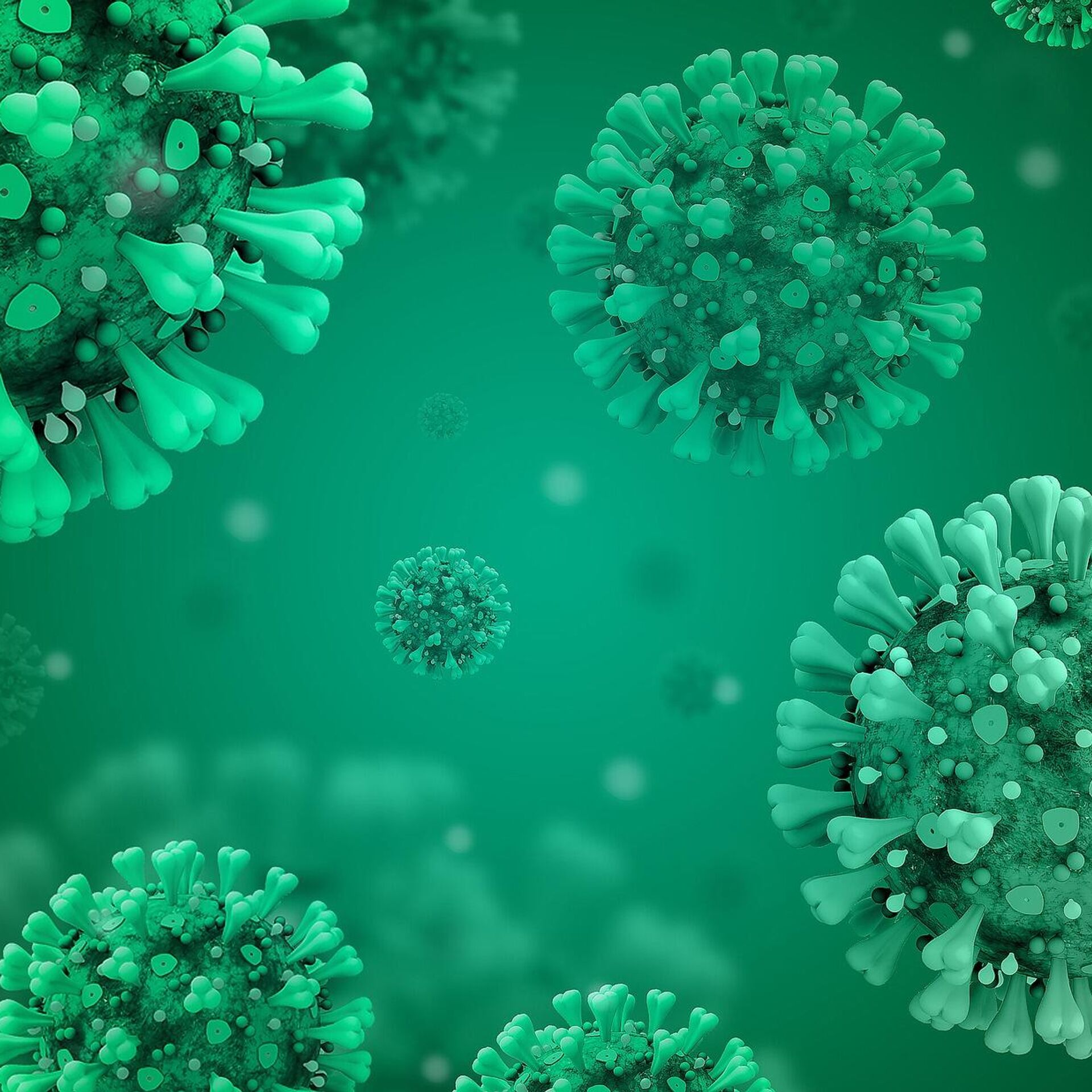 12.04.2023
12.04.2023
Post-covid syndrome: persistent neurological symptoms may have an autoimmune origin
Post-covid syndrome is a chronic, residual type of disease after infection with SARS-CoV-2, in which symptoms persist for months or years. These persistent symptoms mainly affect the central nervous system and have a significant impact on the daily life of patients suffering from the disease. As a result, researchers are gradually coming to view long-lasting postcoid syndrome as a predominantly neurological condition. And new research suggests that persistent neurological symptoms may have an autoimmune origin. These new clues may allow the development of more appropriate therapeutic strategies for people with long-term COVID.
According to the 2021-22 survey, worldwide about 43% of people infected with COVID have a long-term current form of COVID. More recent studies estimate this rate to be one in five. The first cases of COVID were found in patients with acute COVID who required hospitalization. Because these people had severe organ (lung) damage that was easy to detect, reports of neurological symptoms were relatively minimal. However, with an increasing number of people reporting unusual symptoms several months after infection, scientists began to realize that neurological symptoms of the disease were eventually quite widespread. These include chronic fatigue, "head fog," various cognitive and sensory problems, etc.
Although post-covid syndrome is more common in patients with severe and elderly people, it can also occur in healthy young people and in people with mild disease. People with underlying medical conditions (asthma, diabetes, obesity, autoimmune diseases, etc.) are also at greater risk for developing postcoid syndrome. The symptoms most commonly seen in cases of post-covid syndrome are considered neurological in nature. Because these individuals experience cognitive difficulties, the disease can have a significant impact on their daily lives, especially in the workplace. Some patients have even reported head fog more than three years after becoming infected. "I now think of COVID as a neurological disease in the same way that I think of lung disease," said William Pittman, a physician at the University of California, Los Angeles, USA.
Post-viral symptoms are already being observed
Similar post-viral symptoms have already been seen in other viral infections, such as HIV/AIDS or influenza viruses. In hopes of finding long-term solutions to long-term COVID, scientists have focused their research on its similarities to neurological damage caused by HIV and other viruses. The symptoms of post-covid syndrome are also thought to have many similarities to those of mononucleosis (caused by the Epstein-Barr virus). Infection with this virus is also thought to cause cognitive impairment, chronic fatigue and immune dysfunction. This group of symptoms is classified as myalgic encephalomyelitis/chronic fatigue syndrome (ME/CFS) and can manifest long after infection. "One of the patterns we see is patients who definitely meet the ME/CFS criteria. This is something we see and treat all the time in patients with post-covid syndrome," Pittman explains.
The virus is thought to activate autoimmunity
Similar to ME/CFS, several studies have hypothesized that the symptoms of postviral syndrome have an autoimmune origin. Thus, antibodies produced by our bodies to fight the virus can also affect healthy cells. As a result, symptoms of inflammation persist even after the virus has been eliminated. In several studies involving people with postviral syndrome, autoantibodies have been found to interact with neurons.
In addition, the immune system is thought to be particularly active in the brain in people who report neurological symptoms after COVID. This high level of immune activity is not necessarily caused by the presence of the virus in the brain, but rather by a macrophage-mediated inflammatory response. Autopsies of people who died of COVID seem to support this hypothesis, since immune activation in their brains would have been disproportionately high - compared to a relatively low viral load. Viral RNA, which can cause immune responses, would also have been present in the brain up to 230 days after infection. In addition, these studies show that macrophages would have been deeply "labeled," so they would have remained active for a long time. And because these macrophages do not necessarily carry out selective defense, they can produce large amounts of inflammatory cytokines, which can affect healthy cells (and cause persistent brain inflammation). Researchers also found that people with post-covid syndrome and cognitive symptoms have specific immune markers in their cerebrospinal fluid. These markers are usually associated with endothelial dysfunction, meaning that the integrity of the blood-brain barrier is compromised. These results confirm that post-covid syndrome "is not a psychological or psychosomatic disorder (as some would have us believe), it is a neuro-immune disease," concludes Joanna Hellmuth, a neurologist at the University of California, San Francisco.